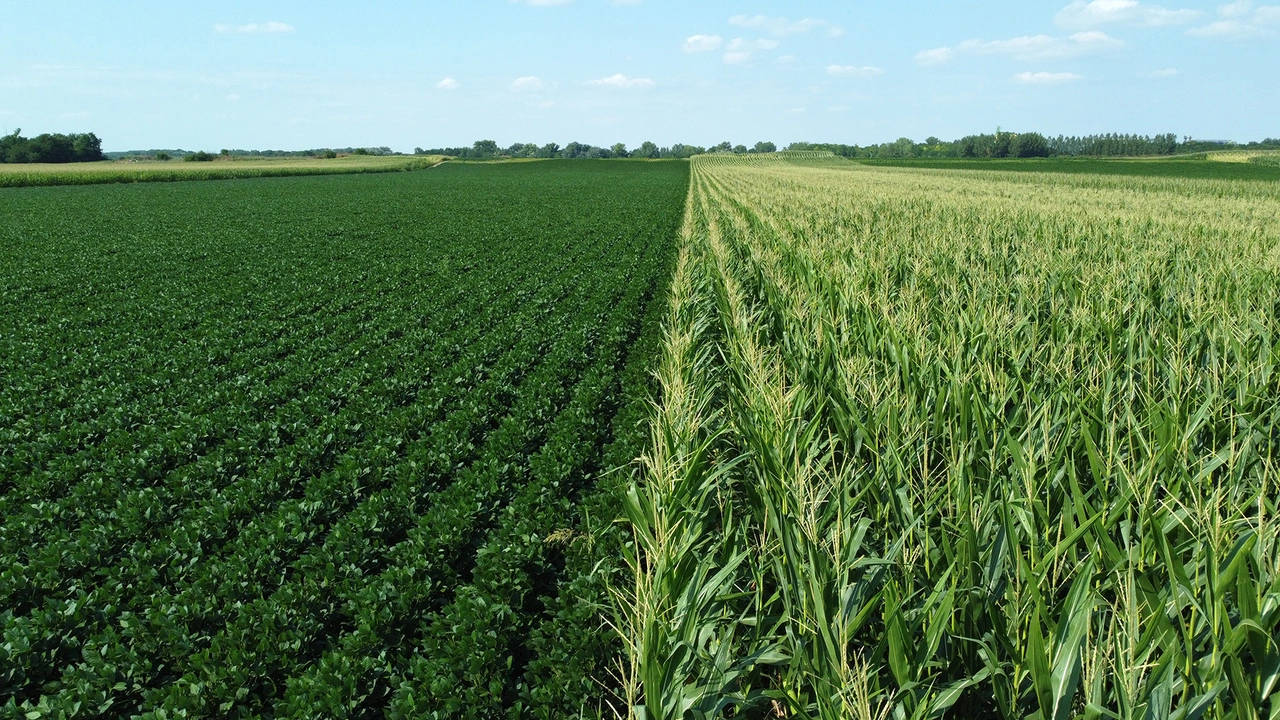Keep the Same Crop Rotation….. or Change?
Michigan farmers, are you getting down looking at the market forecast for corn and bean prices? Can you get enough yield with the needed input expenses to turn a profit on those acres? Maybe it’s time to look around for a better place to invest some of your time and money. The good news is you live in Michigan! Agricultural diversity exists in our state only second to California and we have only 35% of their land mass. That means equipment dealers, input providers, research institutions and markets are established and local for about 300 agricultural products. That does not even include agri-tourism which is growing rapidly as most of our neighbors know little or nothing about what we do. Why not inform them, entertain them and take their money?
You will likely have some snippets of down time during harvest season, so do some pondering, take some notes and make a list of your available resources and how they are incorporated into your existing operation. What are you good at? In what areas are you less proficient? Think about all your resources including land base and type, equipment, structures and people. What skills and abilities already exist in your core management team and existing staff? People skills may be even more valuable than your property and equipment. A great welder, for example may be able to operate a small repair and fabrication shop that serves farmers and other businesses as well.
After getting a good list of your assets, take some time to consider neighboring operations in your county or perhaps a bit further. Markets are critical for any product or service. If you have neighbors growing some specialty crops, a market must be buying their products. Look at several different products including crops, livestock and services and begin to compare how each may fit into your current operation. Don’t forget to calculate the time, equipment and other resources you have been devoting to some acres for corn, beans or other enterprises you would scale back and devote to the new venture. If it appears to make sense asset wise but you do not like to perform necessary tasks, move on, unless someone on your team has a passion for it. If you don’t enjoy the process, it will move to the bottom of your list as you continue with your remaining current operation.
A short list of ideas to start the process that may get you thinking:
Convert low yielding inefficient fields to pasture for grazing.
Take on a specialty crop that you can hire custom work for expensive specialty equipment like harvesters.
Switch acres to forage production for cattle or small ruminants.
Utilize your equipment for custom work for neighbors.
Develop a retail enterprise to sell some of your production directly to consumers.
Scale back, rent out acres and generate some off farm income.
Consider an arrangement with a large livestock operation. They need feed and acres to utilize their manure.
Most every farmer I know has skills they don’t even realize because it has become necessary and routine in their daily life. You can drive, fix, measure, build, operate equipment, weld, wire, dig, plumb calculate, design, destroy, pray and negotiate. Most of us are better at some of the above than others, but in a pinch we have to make it work until we can get a professional.
This market bump in the road might be just what you need to help find an option that serves you better and helps you sleep at night.
ABOUT THE AUTHOR
Pete is the marketing manager for Michigan Valley Irrigation, having joined the company in 2016. He was raised on a dairy farm in western New York and graduated from Cornell University with a B.S. in agricultural economics. His entire working career of over 37 years has been involved in agriculture. A farmer helping farmers. When away from Michigan Valley he operates, Joyful Noise Farm, a small livestock and produce farm and spends time with his family.





